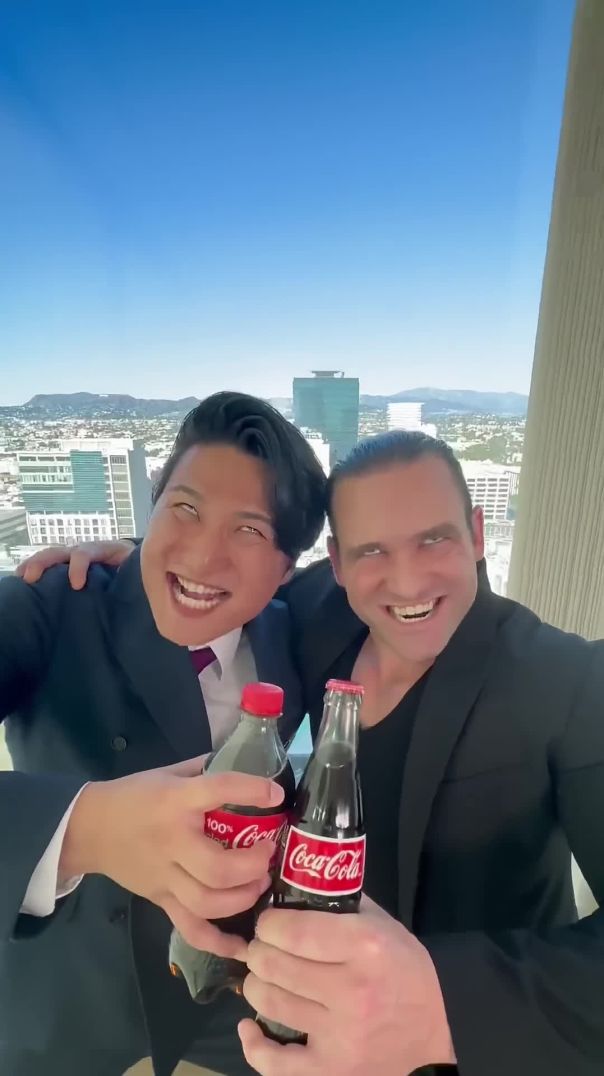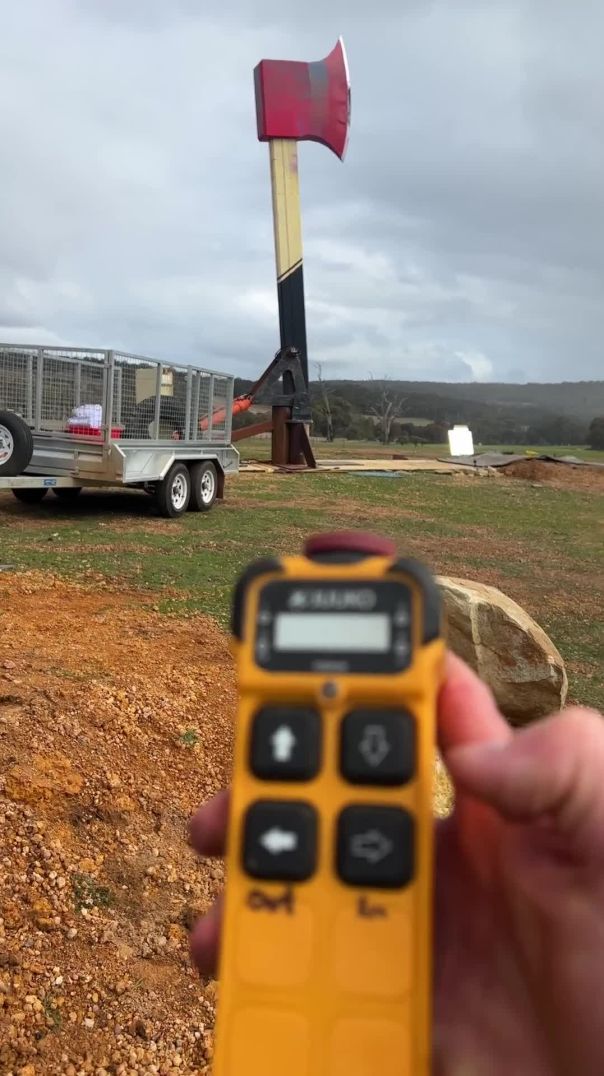6 Views· 20 August 2022
What is Ectropion?
Understand What is Ectropion? How Ectropion happens? How to recognize Ectropion and How to treat it?
Special Thanks to Dr. Waleed Bin Naeem, Post Graduate trainee in Eye, for writing the script and helping make this video possible.
Watch More Such Videos: http://bit.ly/2F9VlV3
----------------
Support us and Sponsor us to Make Medical Education available to Every Human Being:
https://www.youtube.com/channe....l/UCTCEJCypL-cwp2EWl
One time Contribution: https://fundrazr.com/FreeMededucation
Become Our Patron and Monthly Supporter: https://www.Patreon.com/FreeMedEducation
Have you been bored to death by Medical Education? Then join the Medical education Revolution Free Medical Education!
YouTube: YouTube Channel: https://www.youtube.com/c/FreeMedEducation
Facebook: https://www.facebook.com/FreeMedEducation
Facebook Groups: https://www.facebook.com/groups/1162636387091983
#FreeMedicalEducation #Ectropion
---------------------------------------
ECTROPION
Ectopion comes from the greek word “ek’’ which means ‘’out’’ and trepein which means to turn”.
It is a condition in which eye lid is turned away from the eye ball.
ANATOMY
The eye lids are two fibromuscular structures ( outer layer containing skin, muscle as well as dense fibrous tissue and an inner transparent layer called conjunctiva) that close in front of the eye ball hence protecting it. Any pathology in these structures can cause failure of the eye lid to retain its normal position resulting in Ectropion or eye lid being turned away from eye ball.
CAUSES
Ectropion can be caused by:
Muscle weakness. As you age, the muscles under your eyes tend to weaken, and tendons stretch out. These muscles and tendons hold your eyelid taut against your eye. When they weaken, your eyelid can begin to droop.
Facial paralysis. Certain conditions, such as Bell's palsy, and certain types of tumors can paralyze facial nerves and muscles. Facial paralysis that affects eyelid muscles can lead to ectropion.
Scars or previous surgeries. Skin that has been damaged by burns or trauma, can affect the way that your eyelid rests against your eye. Previous eyelid surgery can cause ectropion, particularly if a considerable amount of skin was removed from the eyelid at the time of surgery.
Eyelid growths. Benign or cancerous growths on your eyelid can cause the lid to turn outward.
Genetic disorders. Rarely, ectropion is present at birth (congenital), when it is usually associated with genetic disorders, such as Down syndrome.
Signs and Symptoms include:
If you have ectropion, your lower lid pulls away from your eye and tears don't drain properly into the puncta. The resulting signs and symptoms can include:
Watery eyes (excessive tearing). Without proper drainage, your tears may pool and constantly flow over your eyelids.
Excessive dryness. Ectropion can cause your eyes to feel dry, gritty and sandy.
Irritation. Stagnant tears or dryness can irritate your eyes, causing a burning sensation and redness in your eyelids and the whites of your eyes.
Sensitivity to light. Stagnant tears or dry eyes can irritate the surface of the cornea, making you sensitive to light.
TREATMENT
Definitive management is surgical. Medical management is temporary but can improve symptoms while awaiting surgery.
#FreeMedicalEducation #Ectropion





















![This was the Investment Opportunity of a Lifetime! Flipping to Max Set #17 [OSRS]](https://i.ytimg.com/vi/rY2qkvrd3ZQ/maxresdefault.jpg)





0 Comments